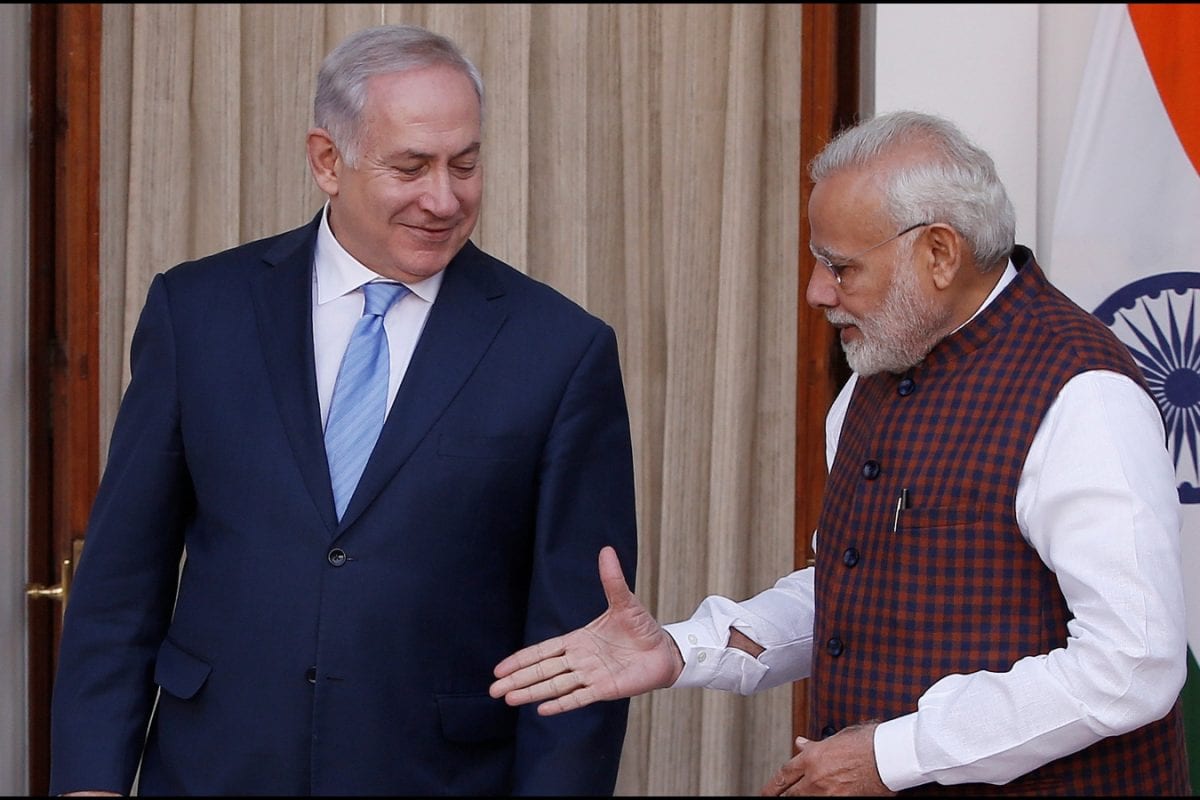

In the aftermath of Operation Sindoor, a military response to the April 22, 2025, Pahalgam terror attack, Israeli Prime Minister Benjamin Netanyahu has lauded the effectiveness of Israeli-made weaponry used by India. This acknowledgment underscores the deepening strategic defense partnership between India and Israel. Operation Sindoor, executed on May 7, 2025, targeted nine locations associated with terrorist groups in Pakistan and Pakistan-occupied Kashmir, triggering a debate about India's military capabilities and its relationship with global arms suppliers.
The operation, which lasted approximately 88 hours, involved precision strikes on Pakistani military installations and terrorist infrastructure. India reportedly used Israeli-made Harop and Harpy drones to target Pakistani air defense systems, including a key installation in Lahore. SkyStriker drones, co-developed by India and Israel, were also deployed to neutralize specific targets. These drones are designed for loitering over targets and executing pinpoint strikes, minimizing collateral damage. In addition to drones, the Barak-8 missile defense system, jointly developed by India and Israel, intercepted a Pakistani ballistic missile aimed at Delhi.
According to Defence Minister Rajnath Singh, Operation Sindoor achieved its political and military objectives, leading to its pause without external pressure. He highlighted the effectiveness of India's defense systems, including the S-400 and Akash missile systems, in thwarting a large-scale attack launched by Pakistan in retaliation. Singh emphasized that India's actions were in self-defense and that the country now has the strength to strike at the root of terrorism.
The use of Israeli weapons in Operation Sindoor has sparked discussions about India's growing military might and its evolving role in the global arms market. Interestingly, following the operation, Israel placed an order with an Indian private firm for Universal Rocket Launchers, the same weapons used by India in the operation. This development has raised questions about whether India is transitioning from a military customer to a global arms supplier.
Operation Sindoor also highlighted the importance of indigenous defense systems. The Akash missile system, developed by DRDO, played a crucial role in countering Pakistani drone and missile attacks. The operation demonstrated the seamless integration of indigenous hi-tech systems into national defense, marking a milestone in India's journey towards technological self-reliance in military operations.
The conflict saw both India and Pakistan employing advanced weaponry from various countries. India used a combination of Russian and Israeli weaponry, along with indigenous systems, to target Pakistan's defense structures. Pakistan, on the other hand, used Chinese and Turkish systems. The use of air-launched cruise missiles, such as SCALP and HAMMER, by the Indian Air Force also played a significant role in the operation.
Operation Sindoor has prompted the Indian Armed Forces to place mega orders for BrahMos supersonic cruise missiles and other advanced weapon systems. The Indian Air Force and Navy are expected to procure these missiles to enhance their precision strike capabilities. Additionally, the Indian military is focusing on acquiring more MALE (Medium Altitude Long Endurance) drones with ISR (Intelligence, Surveillance, and Reconnaissance) and strike capabilities.